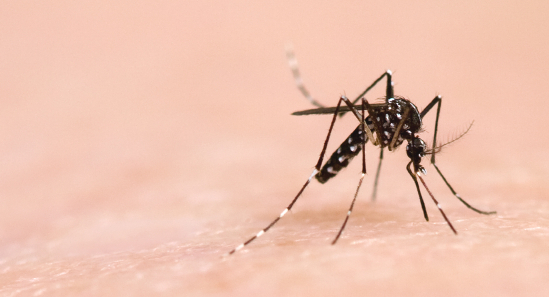According to a study carried out on human foetal tissue, an AXL protein, which helps the Zika virus to infect stem cells in adult skin, could also help it to attack stem cells forming brain and eye cells.
However, this result which is the outcome of research to determine the role of Zika in congenital anomalies, requires the study of a type of tissue which is extremely controversial for scientists in the United States. In fact, in order to understand what is happening in the mother’s womb, some scientists have stated that they need to examine the tissue obtained from aborted foetuses. They believe that studies performed on organoids or animal tissue would be “less reliable”.
The latest think-tank in the United States concerning sampling and the use of embryo stem cells (see Planned Parenthood: a company at the heart of the sale of the organs of aborted children) should limit authorisation in this direction.
Nature (31/03/2016)

